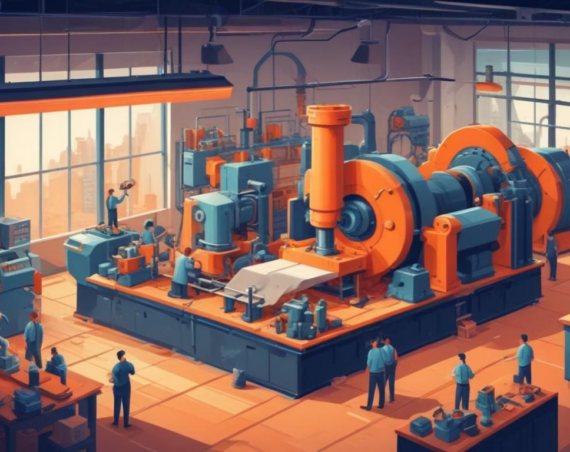
Simon Sinek is famous for the introduction of the golden circle – ‘start with why’. His definition on leadership is something I had never heard before. “Leadership is not a rank, it’s not a position, it’s a decision, a choice…If you look after the person to your left and the person to your right, then you have become a leader”. In the following video, Simon talks about how leaders can contribute to innovative work cultures as well as toxic work cultures, and how these toxic work cultures can affect our health and families. Having had my fair share of ‘not so friendly’ work cultures and how it affected my health, I believe this talk is something everyone should listen to. But most importantly, we should ask ourselves, how are we going to change the way we work? His entire talk is filled with nuggets of gold, these are some of the cliffs notes picked for today.
Good leadership fosters innovative resilient work cultures – How?
Responsibility of a leader is to provide the kind of environment that makes people feel safe. As Simon articulates clearly “If you have to worry about (office) politics, someone stealing your credit, if you have to worry about your boss not having your back, think about the energy you invest, not in your business, not in the products you are trying to develop, not in your work, not in your creativity, but in just keeping yourself feeling safe”.

Aesop’s fable about the four oxen and the lion will give a clear idea on why leaders should create a safe work culture to face the outside dangers a company will face. Does this really matter? Think about it. Have you ever gotten a good vibe when you enter a workplace or a restaurant? Those are places with leaders who have provided their employees a circle of safety. When the employees feel safe, they will do anything (and take risks) to keep the customer happy. Not just companies, we have seen certain wards at some hospitals where patients are treated exceptionally well if you ask around, these places often talk about the ‘good’ head of the ward, in other words, these work environments are a result of good leadership.
How the lack of a circle of safety affects work as well as our health

Ample research has pointed out the link between stress at work and increased risk of diseases such as heart attacks.
“When we go to work in a place that doesn`t make us feel like we belong, that doesn`t make us feel safe when we are at work, we release cortisol (stress hormone that shuts down the immune system) throughout the day. This makes us paranoid. Cortisol inhibits the release of oxytocin (hormone involved in social bonding). Biologically if you work in a high-stress environment, you are biologically less empathetic and less generous because we are too busy protecting ourselves”. In other words, innovation can never happen in this type of work culture because you have to spend time and resources of the company to work hard to save your own backside.
Can you imagine the feeling you might have, instead of being paranoid at work, if you go to work every day knowing that everyone there would have your back?
The most interesting part of the talk – History

Alphas got to eat first and everyone else in the tribe (or community) got to eat eventually. Since there was no internal fighting for food, there was internal cooperation. Resulting cooperation and trust enabled the community to look out for each other when it comes to outside danger. This system worked well for the survival of human species, contributing to their rapid development and expansion. Turns out even today we still give way to the alphas; “no one has a problem when their boss makes more money than you” points out Simon.
Why do we let the alphas gain all these benefits? Because we expect the one with all the benefits and resources will run to danger and protect us when there is an outside danger.
Until I heard Simon’s explanation, even I had completely forgotten why we have leaders or the role they are supposed to play.
“If you’re not willing to give up your perks when it matters, then you probably shouldn’t get promoted. You might be an authority but you will not be a leader.”

“If you walk from room to room, holding your phone, you might be an addict”
We’ll explore the Importance of digital minimalism explained by Cal Newport in our next article.
Think about what you do and how you behave in your workplace. Are you fostering innovation? Do you have your employees back? Do you have each other’s back?




